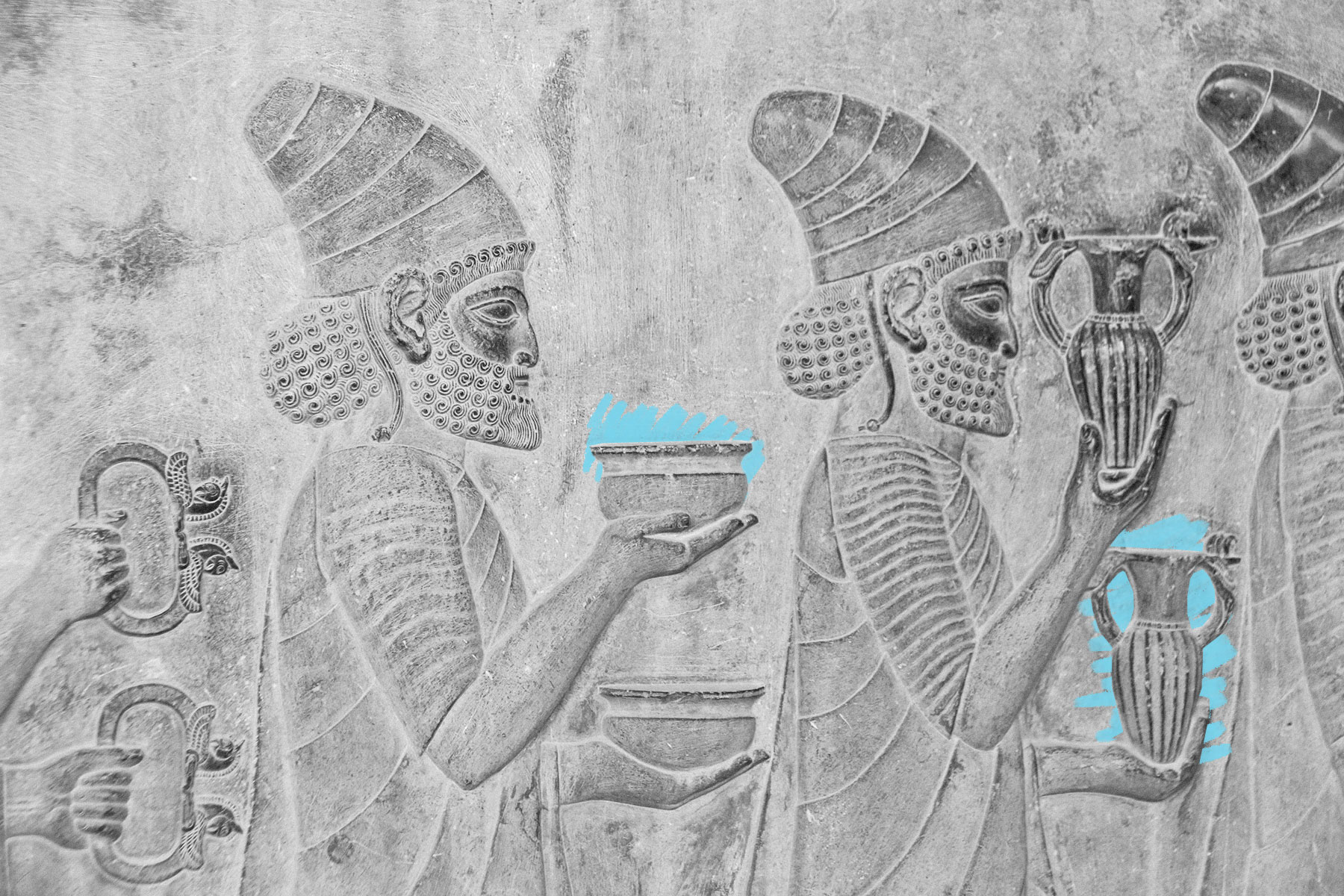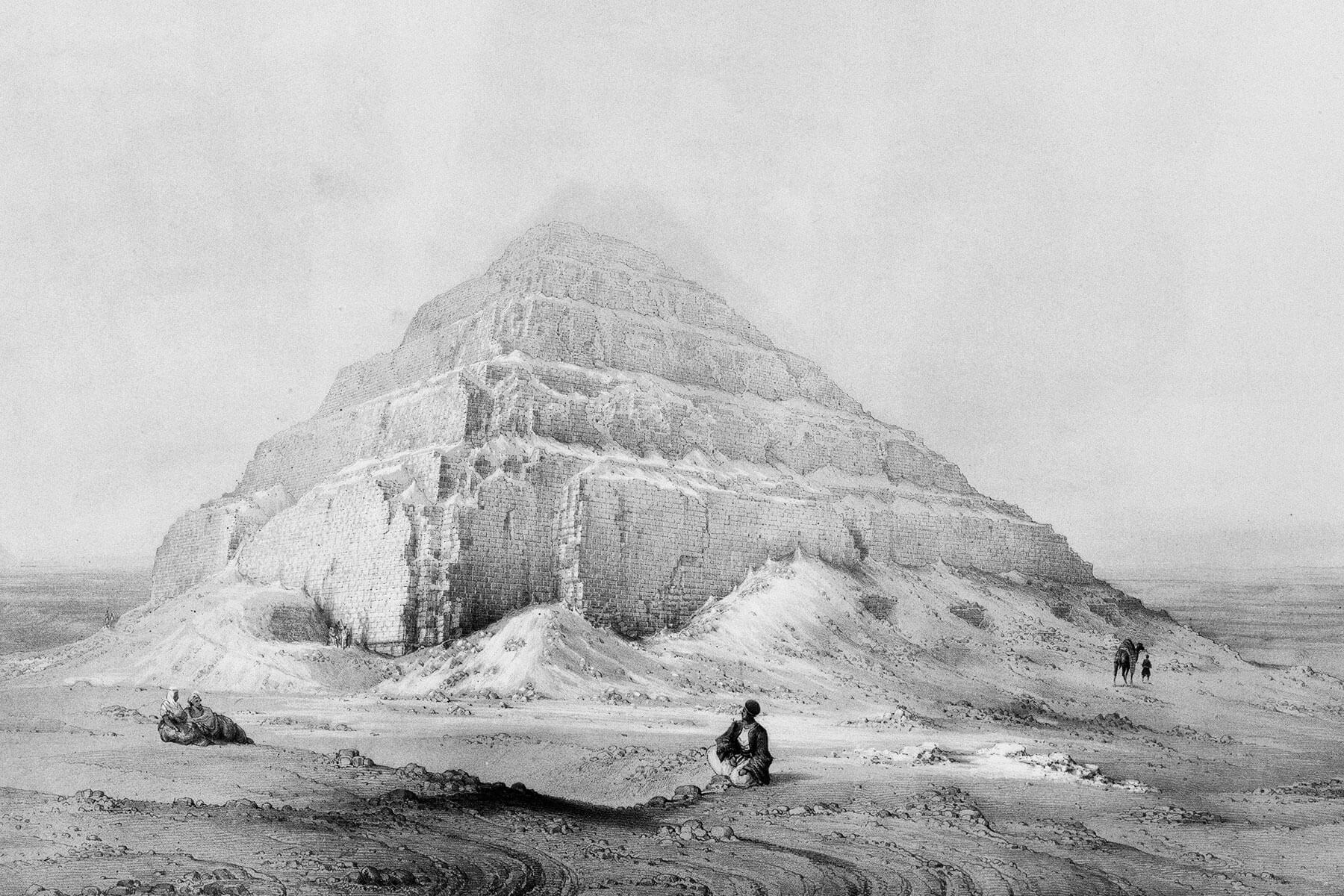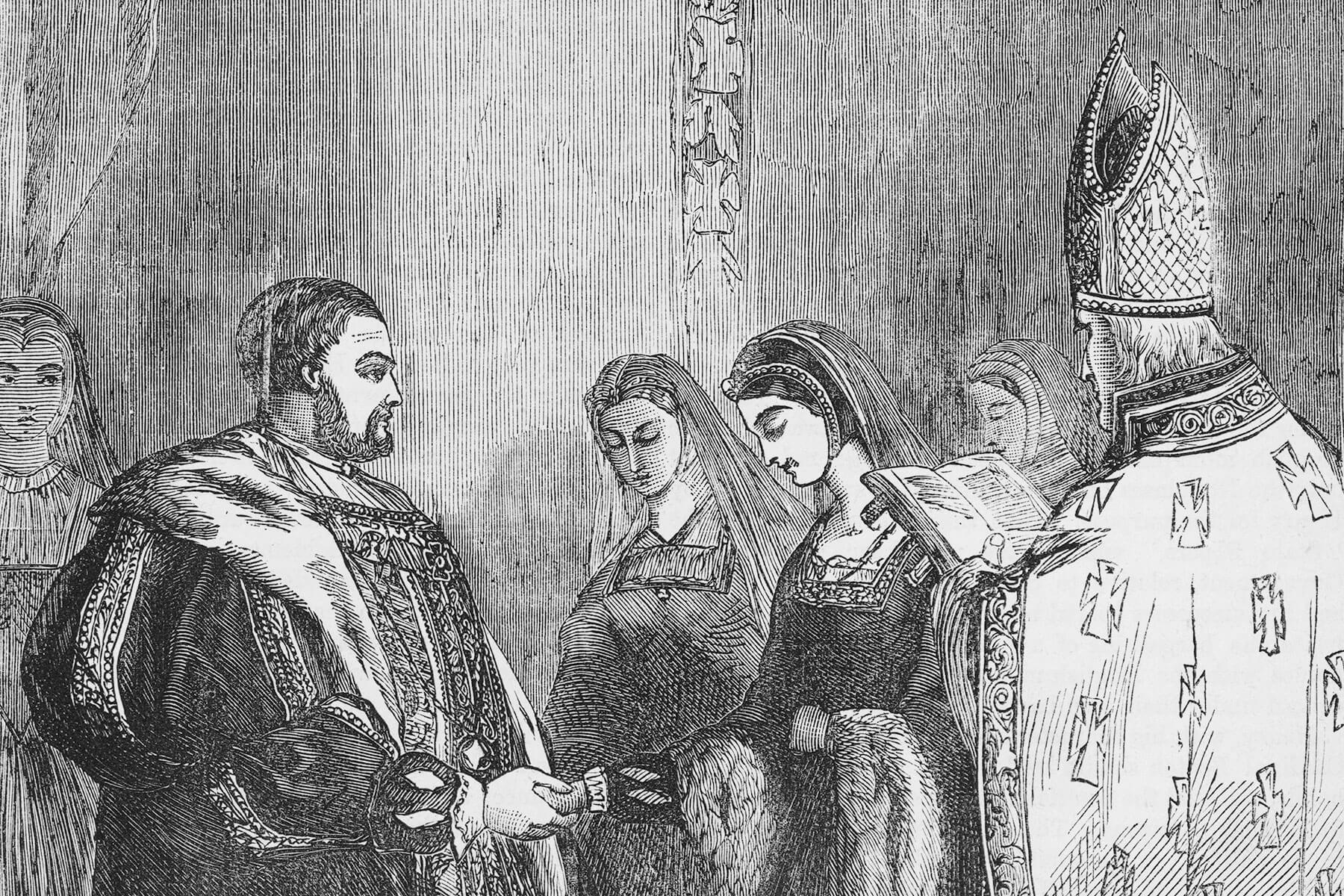| L avish, ritualized banquets were prevalent in the Achaemenid Empire, also known as the First Persian Empire, a dynasty of ancient Persia (modern-day Iran) that ruled from 550 to 330 BCE. Wine was a key part of these events, poured from ornate silver and gold vessels, likely by highly knowledgeable sommeliers. According to the Greek historian Herodotus, who lived during the time period, wine's role in civic life went beyond simple indulgence. He claimed that ancient Persians debated each decision twice: once drunk and once sober, and not necessarily in that order. |
|
| "It is their custom to deliberate about the gravest matters when they are drunk," Herodotus wrote in his texts on Greco-Persian conflicts. "If, being sober, they still approve it, they act on it, but if not, they drop it. And if they have deliberated about a matter when sober, they decide upon it when they are drunk." Notably, Herodotus is the only source claiming this custom exists, and modern historians are torn on the veracity of the passage. Some consider it to be accurate, noting that, for a Greek writer, Herodotus is surprisingly impartial toward Persians. Others believe it to be an exaggeration that paints ancient Persian kings as reckless and irrational — although a moderate amount of wine could have been a part of any decision-making process. |
| Whether drunk discussion and sober editing were standard procedure or not, the Achaemenid Empire was wildly successful for nearly two centuries. It is one of history's largest empires, reaching parts of Europe's Balkan Peninsula as well as modern-day India and Egypt, and was known for its intricate architecture, prized art, and culturally diverse citizenry. |













No comments:
Post a Comment